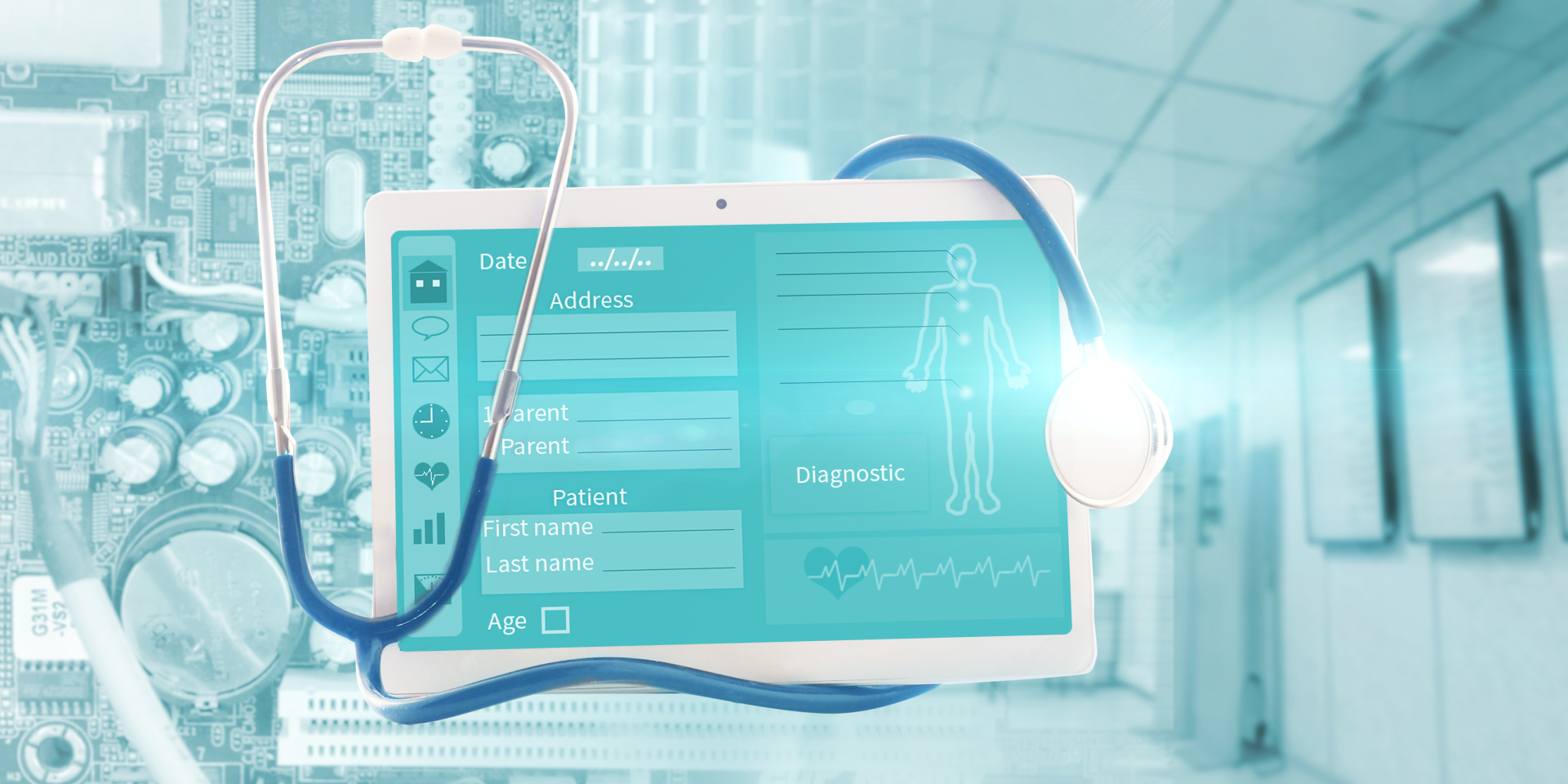Artificial intelligence (AI) is rapidly transforming industries around the world, and healthcare is no exception. AI developers are using AI to develop new diagnostic tools, improve patient outcomes, and streamline administrative tasks, reshaping the landscape of patient care, diagnostics, and administrative efficiency.
With its continuous evolution, AI has the potential to revolutionize the way healthcare is delivered. We at Advancio are very excited for all the opportunities this will unlock in the near future. Let’s delve into the applications, benefits, challenges, and the promising future AI holds for the medical industry.
Applications in Healthcare
We can apply AI in a variety of ways, including:
- Medical imaging: AI excels in analyzing medical images—X-rays, CT scans, and MRIs—providing a meticulous examination to detect abnormalities and support accurate diagnoses. This enhances the precision of medical interventions and expedites treatment planning.
- Drug discovery: In the realm of drug discovery, AI acts as a catalyst, identifying new drug candidates and optimizing drug design. This not only accelerates the drug development process but also holds the promise of discovering groundbreaking treatments.
- Patient monitoring: AI is a vigilant ally in patient care, continuously monitoring vital signs and health data. Early identification of potential problems enables timely interventions, improving patient outcomes and reducing the burden on healthcare professionals.
- Treatment planning: Personalization takes center stage as AI contributes to the development of tailored treatment plans. By analyzing patient data and medical histories, AI ensures that treatments are not just effective but finely tuned to individual needs.
- Administrative tasks: The administrative burdens in healthcare are lightened with AI automating tasks such as appointment scheduling and insurance claims processing. This liberates healthcare professionals to focus on the intricate and nuanced aspects of patient care.
AI’s Benefits in Healthcare
There’s a number of potential benefits in this field, including:
- Improved accuracy: .AI algorithms exhibit a remarkable level of accuracy, surpassing human capabilities in tasks like detecting abnormalities in medical images. This heightened precision elevates the quality of diagnostics and interventions.
- Increased efficiency: By handling routine tasks, AI allows healthcare professionals to redirect their efforts toward more complex and patient-centric responsibilities. This not only improves efficiency but also enhances the overall quality of care.
- Reduced costs: The integration of AI contributes to cost reduction by streamlining processes and minimizing the need for expensive medical procedures. This financial efficiency translates to more accessible and sustainable healthcare.
- Personalized care: AI-driven personalization ensures that healthcare is not a one-size-fits-all approach. Tailored care plans, based on individual patient data, lead to better outcomes and a more patient-centric healthcare system.
Its Challenges
Despite the many potential benefits, we need to address some challenges.
- Data privacy and security: The wealth of data handled by AI systems poses challenges regarding privacy and security. Addressing these concerns is imperative to build trust in the use of AI in healthcare.
- Transparency and explainability: The complexity of AI algorithms can be a barrier to understanding. Ensuring transparency and the ability to explain decisions is crucial for fostering trust among both patients and healthcare professionals.
- Bias and fairness: The presence of biases in AI algorithms is a pertinent issue. Striving for fairness and unbiased outcomes is paramount to ensure equitable healthcare for all patient groups.
Going forward
While AI in healthcare is still in its early stages, the trajectory of its development holds immense promise. As technology evolves, we anticipate innovative applications that will redefine patient care. At Advancio, we’re committed to navigating these challenges, ensuring that AI not only transforms but elevates the standard of healthcare delivery. The journey has just begun, and the future of AI in healthcare is undoubtedly bright. Stay tuned for more updates on this transformative journey.
